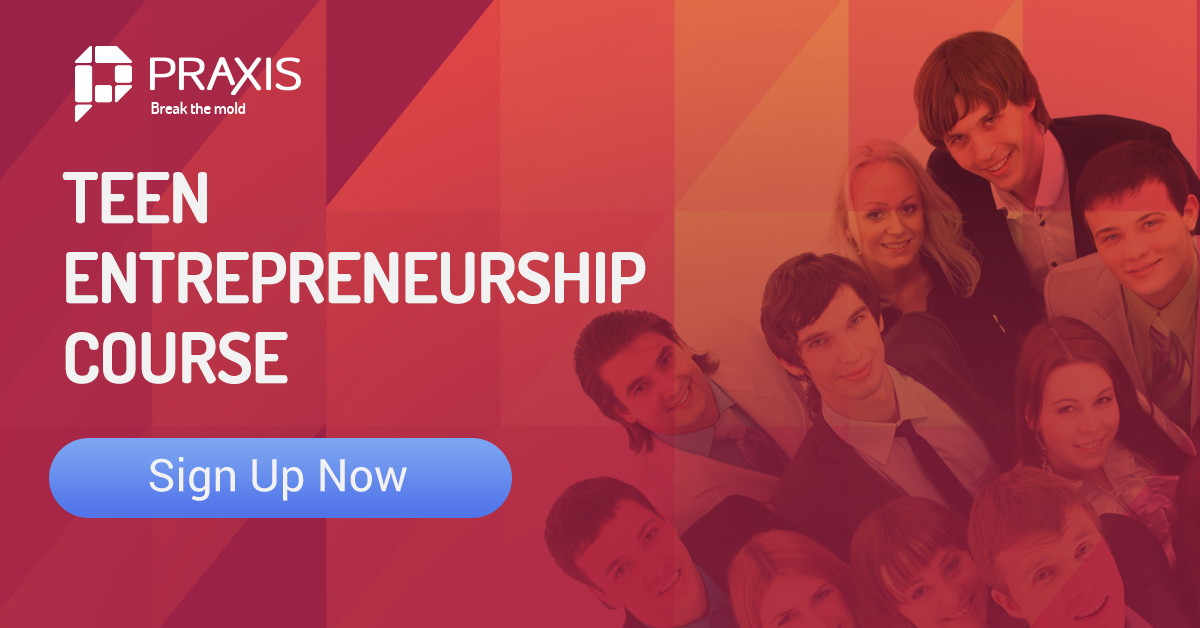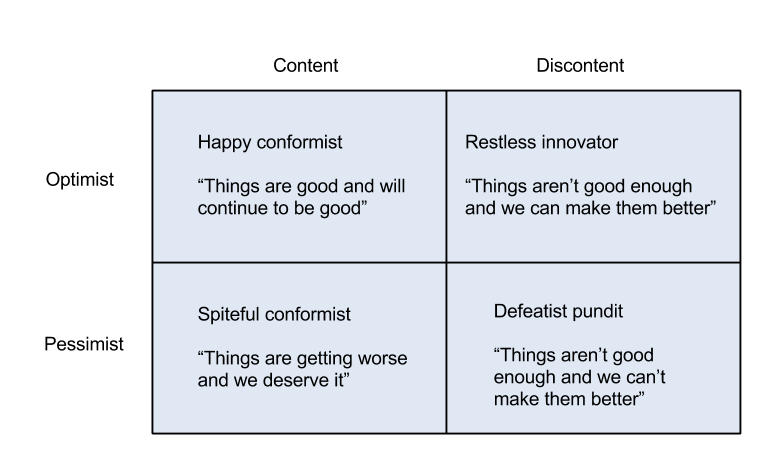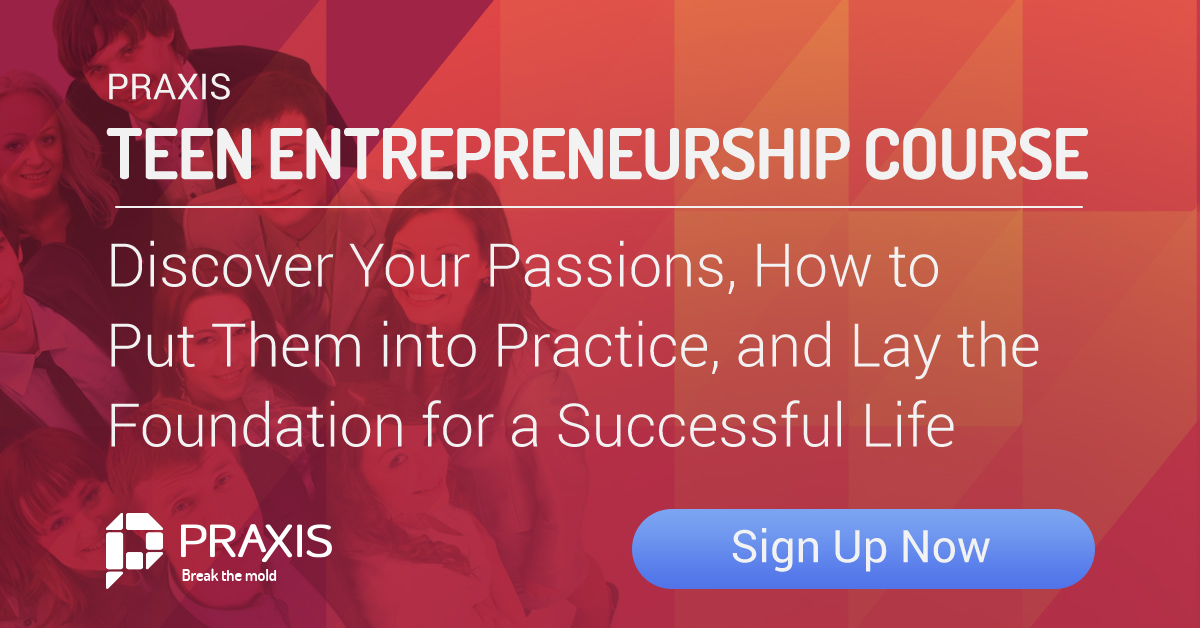An interview I did for the Voice & Exit blog.
1. Isaac, you wrote an article on the V&E blog earlier this year about changing the world through creative entrepreneurship. Can you explain how this mindset informed your decision to start Praxis?
I was tired of talking. Don’t get me wrong, I like to talk. Probably too much. I had some big, radical ideas about the uselessness of the high school-college-career conveyor belt and what kind of alternatives could be better, faster, cheaper, and more fulfilling. Ideas are costless. Anyone can have ideas. If I really believed my theories about the huge opportunities for young people to do something different, why not put my money where my mouth is?
Who cares if professors or experts disagree with me? The market will determine if the idea is valuable. That’s the part I love the most. You don’t need to convince everyone about your theories of a better world in the realm of argument when you can create value for customers in the market. You can ignore the haters and focus on creating value for those who benefit from your idea.
I’m a happy person. I like being happy. I don’t like being grumpy. Arguing about what you want the world to look like is pretty depressing. You never win. Going out and creating it – putting those ideas into a business model – is exhilarating, informative, and has a real chance of changing things.
Entrepreneurship is philosophy in action.
2. How did you know “it was the right time” to launch Praxis? What were some of the risks and upsides involved for you?
I don’t think there’s ever a right time for any big move in life. At least not one that’s identifiable ahead of time. What made the time right for me was that I had an idea burning so intensely inside me I almost felt I didn’t have a choice.
Sure, I’d had ideas before, but none of them had the clarity or plan for execution that I had with Praxis. It was the sum of a decade of smaller ideas and observations, and it came to a head all at once. Without sounding too sensational, I just knew I had to build this thing. I needed to get my question answered by the market. Can this thing work?
I wanted to know the answer so bad that I was totally willing to fail in my effort to find it. I think the “willing to fail” test is good one. If you need some guarantee of success, it’s probably not a good time to launch a venture. It will test you, and have to accept and internalize the possibility of failure up front.
The biggest risk honestly was not the risk of failure. That didn’t scare me as much as the risk of not going after this thing. If I didn’t, I’d regret it.
The biggest upside? Keep an eye on Praxis. You’ll see soon.
3. Much of the buzz around Praxis focuses on education, but education is just a means to a certain end. What is the broader goal you’ve set for Praxis? What has Praxis “exited?”
Education is a boring and stale word. Yes, learning is crucial to any endeavor in life. But textbooks and tests and classrooms and schedules imposed by others and credentials conferred for hoop-jumping are just stupid in most cases.
What Praxis is really about is freedom on a very personal, individual level. We exist to help young people discover what makes them come alive and create a way to do it. We exist to help them find an environment, a mindset, a community, and a set of questions that will enable them to awaken their dreams. We know that for the world to be free and prosperous, individual humans must be. We want young people to take the reins of their own living, learning, working, and building. We want them to be the driving force in their own life. We want them to get a jump on the opportunities exploding around them to be entrepreneurs and innovators, and to live life on their terms.
Whether it’s freedom from the classroom, the cubicle, the expectations of others, or your own fears and doubts, we want to help you achieve it.
We weren’t content to criticize the conveyor belt of debt-fueled classroom credential chasing. We want to help people not just wake up to it, but leave. Praxis is exiting – and helping others exit – the ‘higher education’ industry and the debates about how to reform or improve it. Forget all that. Criticize by creating. And start with creating a tailor made life that you love.
4. What do you think is the single biggest force driving this awakening of thought in education?
Ideas are free. They can’t be chained up. You can’t dam up the stream of information that’s been unleashed by decentralized technology. Now that the information gatekeepers have no special power or privilege the credential gatekeepers will be the next to decline. The best ideas aren’t housed in a single place or owned by a group of elites, and next the signal to the world of an individual’s intelligence and ability won’t be conferred by some big central institution. It will be created and demonstrated by the individual him/herself.
People are realizing they now have the power to be their own credential and let their work speak for itself. That’s a power no one can stop.
5. You’re taking on a leviathan system. What are some of the barriers you’ve had to work around and what are some ways you’ve been able to succeed?
Everything from weird laws and regulations to the obvious financial challenges of a startup from scratch. But there are always workarounds if you’re impatient and determined enough to find or create them.
The biggest barrier to any entrepreneurial endeavor are the mental and emotional challenges. It takes a toll to fight every day for the thing you’re building and pouring your life into, and sometimes it’s easy to underestimate how much stress that can bring. You’ve got to really master your inner life and summon the strength and humility to keep at it.
And you have to ignore the critics who love nothing more than to sit on the sidelines while others create and take potshots or nitpick. Just remember who your customers are and focus entirely on rocking their world. Forget about the rest.
6. How big do you see this community growing? Where is Praxis in five years and what are the opportunities for others who want to enter this space?
There is no limit to the growth of the self-directed learning and entrepreneurial self-starter community. We were all born entrepreneurs and self-directed learners. Anyone can re-awaken that if they’ve got the will. In five years? We’ll be everywhere. I envision Praxis and similar combinations of work and self-created learning structure to be everywhere and not slowing down.
7. Do you have any advice for someone in the V&E network who wants to challenge an existing community and build their own?
Three things:
1) Tighten your pitch. What problem are you solving? How? Why will it work? That should be communicated in a few sentences.
2) Know your market. Who are you solving the problem for? Where are they? Do they care?
3) Be willing to fail, but do everything you can to avoid it. The best way to succeed? Start. The longer your ideas remain ideas, the less likely you are to act.
Like this:
Like Loading...



